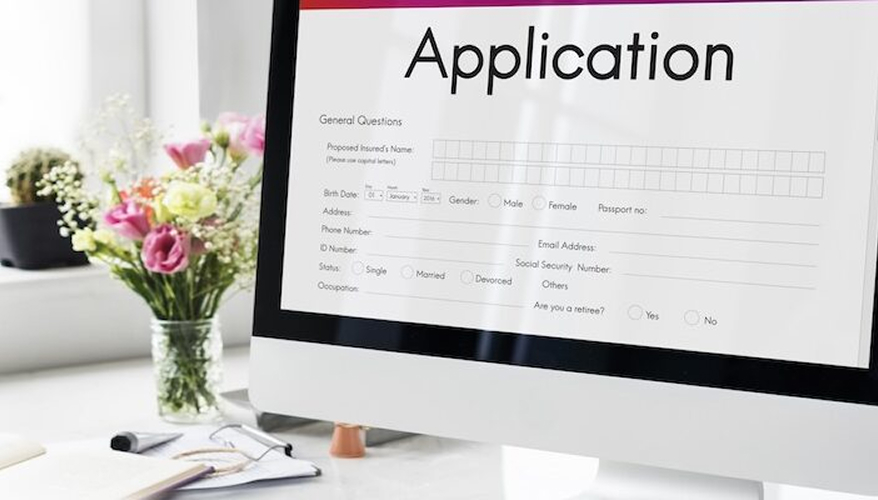Without a doubt, Singapore is a wonderful country to live in for many people. People flock to it, as they do to many other desirable countries. However, a sizable number also get to formally and legally exit it through a process known as citizenship renunciation. While holding Singaporean citizenship has a lot of pros, there are some cons too, which might influence people to renounce their citizenship. Regardless of the reasons that can lead a registered or naturalised citizen to renounce his/her Singaporean citizenship, due process must be followed at every stage.
What is Citizenship Renouncement/Renunciation?
The renouncing of citizenship is the voluntary withdrawal of a person’s citizenship of a particular country. Citizenship renunciation in Singapore is only possible if you have obtained citizenship in another country. Unlike countries such as the United States, Singapore does not allow for dual citizenship. The formal denaturalisation process begins once evidence of citizenship in another country is provided. This requested evidence also ensures that a citizen is not left without citizenship when the process is completed.
The approximately 1,200 Singaporeans who renounce their citizenship each year are usually those who do not have National Service (NS) obligations, as it is nearly impossible to renounce citizenship while one is serving in the military. Those who are exempt from the NS, such as citizens who have received their education outside the country since childhood, do have it much easier. If you are still certain you wish to renounce your Singapore citizenship; the next sections provide an overview of what is needed.
Eligibility to Withdraw Your Singapore Citizenship
To renounce your Singapore citizenship, you must first be eligible to do so. If you intend to leave Singapore, you must meet the following criteria set by the Ministry of Foreign Affairs (MFA):
- You are at least 21 years old.
- You are in good mental health, indicating that you are mentally fit to comprehend your actions and choices.
- You are currently a citizen of another country.
Aside from the conditions listed above, the government of Singapore may reject your renunciation of Singapore citizenship if you have enjoyed certain citizenship privileges as a male citizen. These include possessing or making use of the Singapore passport and having unfulfilled National Service (NS) obligations.
Documents Needed to Renounce Singapore Citizenship
If you meet the above criteria, you will still need to provide certain documents for your Singapore citizenship to be officially revoked. Officials will require from you:
- Certified True Copies of your Foreign Citizenship Certificate
- Deed Poll or Change of Name Certificate, if you have changed your name
- Religious or Baptismal Certificate, if applicable
- Marriage Certificate, if you are married.
You would also be required to properly complete the Renunciation Form (Forms I to V), as well as certain other necessary documents (Forms VI to Form X).
Furthermore, you must present the following documents in their original form:
- Singapore Passport
- Foreign passport
- Singapore National Registration Identity Card (NRIC)
- Singapore Citizenship Certificate (only if you are of Singaporean ancestry or by registration)
How to Renounce Your Singapore Citizenship?
Once your documents are complete, and all requirements have been met, you can seek formal renunciation by emailing the Singapore Embassy. Apart from stating the purpose of your mailing, the email must include your full name, which must match that on your NRIC/Singapore passport. The email must also include documents and information indicating your NRIC, gender, date of birth, and contact information.
In response to your email, you will be sent an application package. The package will include instructions to help you through the renunciation process as well as the requirements you must meet.
In-person, submit your completed forms to the Singapore Immigration & Checkpoints Authority (ICA) or a Singapore Overseas Mission. Eventually, all applications made to overseas missions will be forwarded to the ICA for processing. You can also send your completed forms via postal mail or courier. This is addressed to the Consular Officer at the Singapore Consulate General. You must attach all items in the application package to your postal submission while keeping track using the tracking number provided.
It should be noted that the Singapore government will not be held liable if the documents in your mail are lost while being delivered via courier service.
The Cost of Renouncing Singapore Citizenship
The fee for renouncing Singapore citizenship is estimated to be $35. This amount can be paid via money order, bank transfer, or check. When paying the fees, make sure that the payment is directed to the Commissioner ICA and that proof of such payment is safely kept for future reference.
Payment at the ICA can be made in person using Samsung Pay/Apple Pay/Google Pay, NETS/NETS Flashpay, or Visa/Mastercard.
The Time It Takes to Complete The Renunciation Process
The ICA does not specify how long it will take to complete your renunciation process. However, you should expect a response to your application within 3 to 4 months. This applies to anyone, regardless of how the application was submitted.
Consequences of Renouncing Your Singapore Citizenship
Following a successful renunciation process, a letter indicating that the individual is no longer a Singaporean is issued. This letter will be mailed to the address you provided in your application. Some significant implications will follow such a disengagement.
One consequence is that regaining Singapore citizenship will be extremely difficult. It is nearly impossible to be granted citizenship again. However, with a recognised visa, you can access the country and be granted permanent resident status.
Another consequence of giving up your Singapore citizenship is that any finances in your Central Provident Fund (CPF) will be lost indefinitely. Given that you can only withdraw a large portion of your CPF savings after reaching a certain age, you stand to lose a significant amount. In any case, the mandatory savings in your fund will be lost even if you attain that age.
Furthermore, renunciation of Singapore citizenship has an impact on the sale of Housing & Development Board (HDB) flats. Therefore, to avoid losing both your apartments and your citizenship at the same time, it’s always advisable that you sell your flat first.
In Summary
The procedure for renouncing Singapore citizenship is well-defined. Therefore, it is not a complex procedure that may necessitate assistance. However, it would not be unreasonable to seek help from an immigration consultant if any stage of the process is unclear. Most importantly, it would be best if you were certain that you are fully committed to renouncing your Singapore citizenship, as doing so may make it difficult for you and your relatives to re-enter the country in the future.






